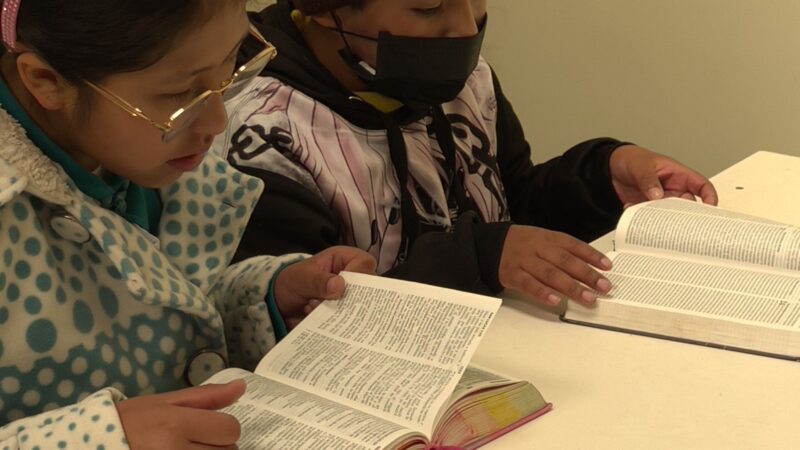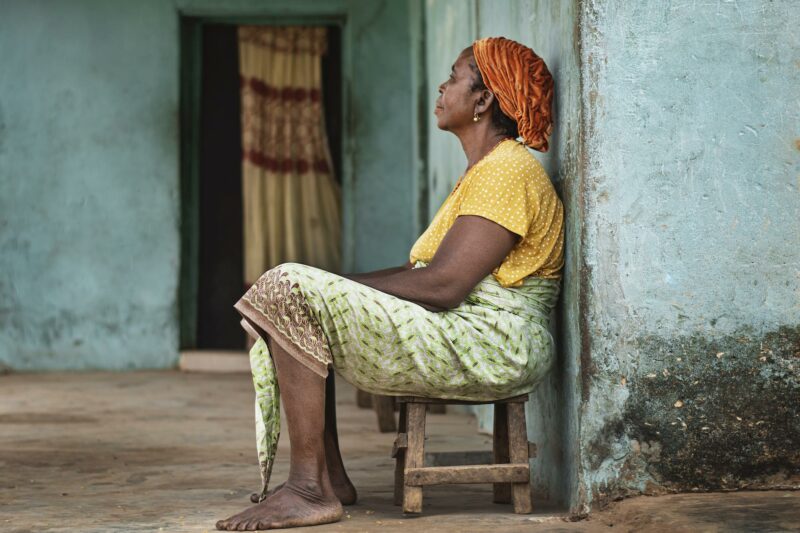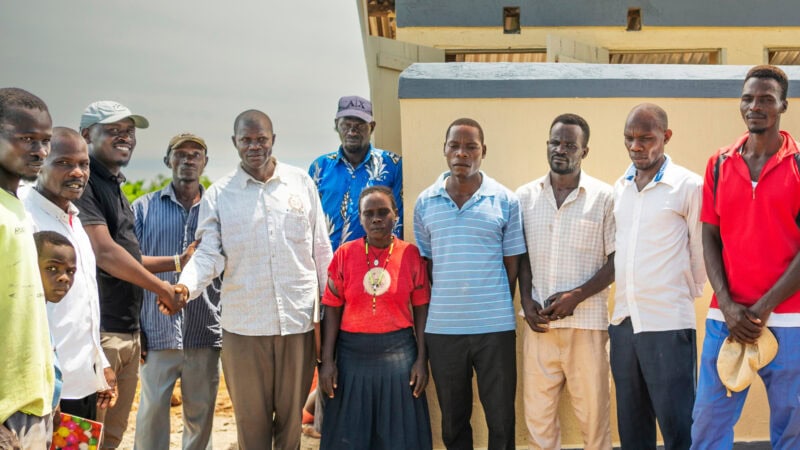Are your kids handling the virus situation well?
Since the COVID-19 outbreak, I have been asking my friends that question often. I usually get the pat answer, “Yeah, they are fine.”
But every so often I get an unexpected answer and we talk about how to help our children navigate this unique experience.
My teenagers each handled virtual schooling differently. One thrived, the other wore out from an overload of homework and lack of contact with peers. Fortunately, my wife and I made it a priority to talk about life as we played board games around the dinner table. Discussing the challenges and opportunities of a “lockdown” led to some healthy discussions, for both my teenagers and me.
If you are not fully absorbed by your own family’s handling of the crisis, and your friends’ kids are “okay,” then I would ask for your family’s prayers and give you a discussion topic for tonight’s dinner.
It’s about some kids who are not all right and are not handling life well right now.
Last month a study was released from John Hopkins University and UNICEF that estimated, in a “worst-case scenario” analysis, that an additional 1.2 million children-under-five deaths could happen in the next six months. This would come as a result of children’s lack of health care and malnutrition. Malnutrition is increasing in part because closing businesses and limiting time outside of the house has taken away their parent’s day labor jobs and thus their income.
No government stimulus check for them, but for very little effort we can make a big impact on their lives. I have four discussion points for your dinner table tonight. As fathers, it’s important that we teach our children about poverty.
Point #1: The economic difference between us and them
There is a difference between people living at wealthy (earning $32/day or more) and middle class (earning between $10-31/day) levels than those at extreme levels of poverty (less than $2.00 a day). These are categories based on world incomes, not U.S. income levels. See this fact sheet (Who’s Rich? Who’s Poor?) for a clear understanding of wealth distribution in our world.
When the world’s wealthy and middle class people lose their jobs, typically they live in places where unemployment benefits, non-profit organizations (such as food banks), churches and government programs often fill in the gaps to keep people fed and safe.
I haven’t yet heard of anyone dying from starvation in the U.S. Yet, there are conflicting messages sent about hungry people. Often you will hear that “X” number of children are hungry in the U.S., but hunger diseases are nonexistent in our country. So what is the truth?
When you look closely at these hunger studies, you often find someone is marked as “hungry” because they answered a question, like this, in the affirmative: “During the last 12 months was there ever a time you felt hungry and couldn’t afford to buy food?” That could be many people at the end of the month before their next paycheck arrives. It is a shame, but it isn’t exactly the same as being malnourished and is a far cry from the constant hunger felt by those living in extreme poverty.
This could come across harsh, but facts are facts and there just are not that many hungry people in U.S. who can’t get help in the form of food, if they really want it.
Point #2: When we see how many of the poorest have to live, we should be exceedingly thankful for the blessings we have experienced
Praise the Lord that we live in a country and time when our fellow countrymen and women do not struggle with hunger-related illnesses. God has provided for you and your family, our entire country, blessings we often don’t acknowledge or think about frequently.
Saying thank you to God around the supper table is a habit for many Christian homes, but how can we work our thankfulness muscle daily instead of just a few times a year?
Point #3: God rescues, and He wants us to act
The people I am pointing to are in the bottom billion of the economic scale. The children I am mentioning here have no government handouts available to them, no non-profit food banks or churches nearby to help. They are on their own, experiencing hunger each day. It is quite possible that many are only getting a meal every other day.
But there is Hope. God says He will come to their rescue.
Psalm 72:4 says, “He will defend the afflicted among the people and save the children of the needy…”
The exciting part about this, is that His plan to rescue them involves you. Many verses make this clear in Scripture. Here are just three:
- Proverbs 3:27-28: Do not withhold good from those who deserve it, when it is in your power to act.
- 1 John 3:17-18: If anyone has material possessions and sees his brother in need but has no pity on him, how can the love of God be in him? Dear children, let us not love with words or tongue but with actions and in truth.
- Proverbs 28:27: Those who give to the poor will lack nothing, but those who close their eyes to them receive many.
Point #4: Discuss how you will respond
There are obviously many answers here, but let me mention that Bright Hope has two excellent opportunities—perfect for Father’s Day:
- Help buy animal feed for $35.00. Africanfarmers are raising pigs as a way to earn income. Your gift will help the farmers feed their pigs as they’re they grow, until they can be sold.
- Make helping the poor a monthlyoccurrence. Through Bright Hope’s Impact Membership, every month you will help meet different needs in our Hope for Today, Tomorrow and Eternity strategy. You will receive monthly updates about how you are helping. Find out more, or sign up for Impact.
There are plenty of needy people in our country you can help, but when you want to help the poorest, the most unconnected people on our planet, I hope you will remember Bright Hope in your prayers and finances.
From one father to another, I encourage you to be proactive and teach your children about poverty and the suffering of other children in developing nations.
Happy Father’s Day.





